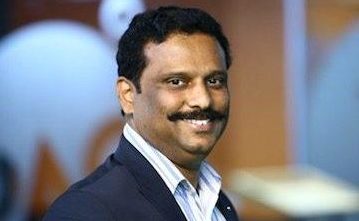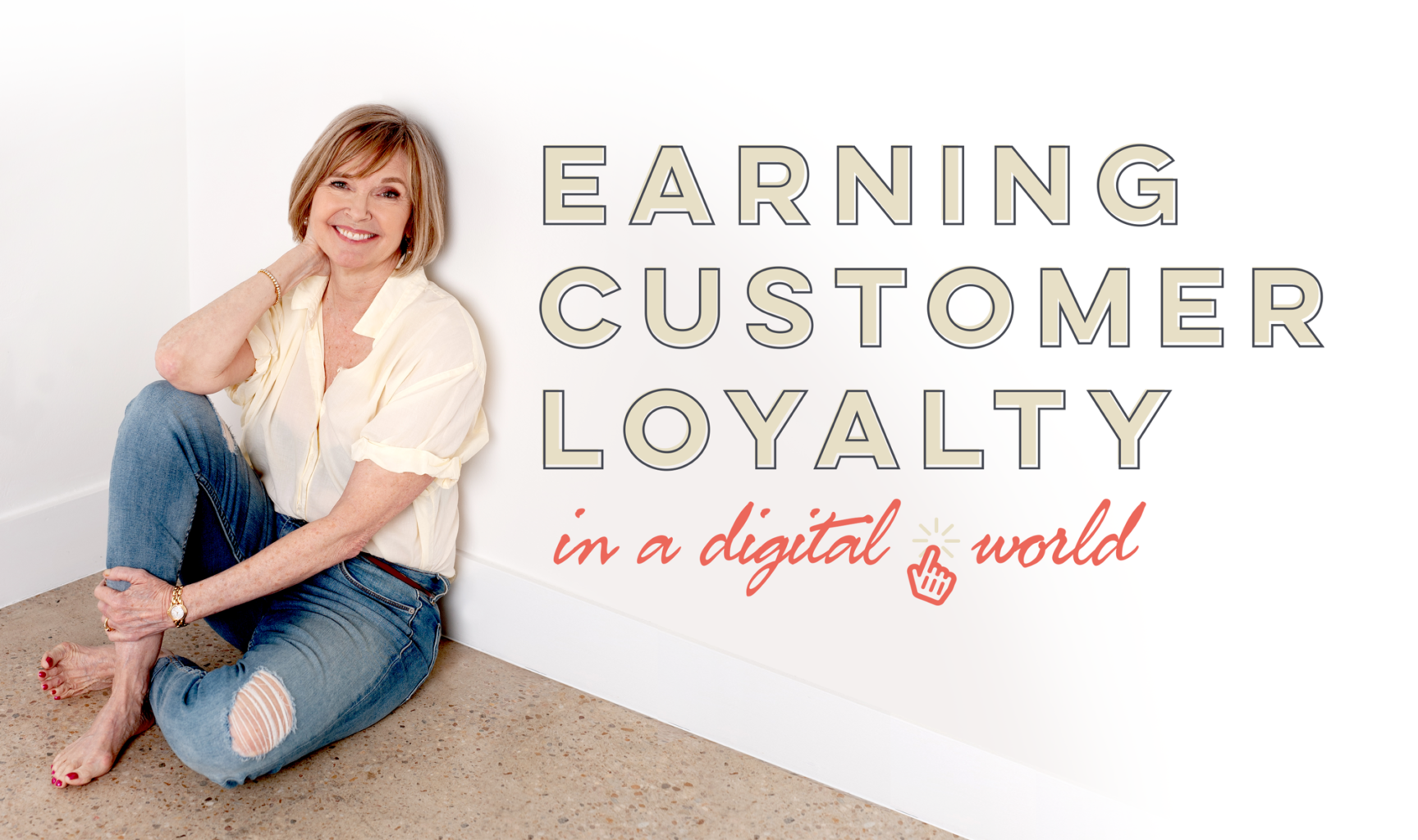
Another Way To The Corner Office
Although only 8% of CEOs never completed college, Suresh Sambandam never even started — something nearly unheard of in Indian culture.
Raised in rural India, Suresh chose exposure over education at the age of 17. Without a degree, a job in tech was hard to come by — but with a knack for solving difficult problems, he started his own computer training session.
He is now the CEO of Kissflow, a disruptive, SaaS-based enterprise-level work automation and collaboration platform with more than 10,000 customers across 160 countries.
I had the opportunity to interview Sambandam recently. Here are the highlights of that interview.
Jill Griffin: Where did you grow up? Describe your early childhood and its significance on your life.
Suresh Sambandam: I hail from a small town called Cuddalore in South India. I come from a modest family background and never attended regular college. When I was 17 years old, my father told me I should help him run his business instead of getting an engineering degree. Looking back, I can see how that choice actually put me in a better place to become a successful entrepreneur because it taught me things I never could have learned in a classroom.
After deciding to forgo college, I attended a computer programming course offered in the evenings at a small institute in my neighborhood and I immediately fell in love with computers. After I completed the course, I decided to start my own computer training center with four partners, which gave me unlimited exposure to creating programs to solve real problems — an opportunity that universities don’t always give students.
Griffin: When did you first get the whisper you belonged in business?
Sambandam: Without a degree, a job in tech was initially hard to come by, but I started my career at HP in 1997, where I used Talarian’s real-time inference engine (RTIE) to detect frauds in cell phone networks for Vodafone. Then, I moved to Selectica, where I specialized in the area of rule-based computing, even filing multiple patents in the rule engine space while working at these two companies. I led a large engineering team that built an enterprise platform for health insurance companies that cost $5m a piece.
From these two experiences, I learned that, while rule-based computing was supposed to make life easy and move technology from programmers’ hands to business users’, in reality, it did not do this. The irony is that, to operate, use and derive value, the rule engines of the 2000s needed high-end programmers. So, when Accenture acquired my division at Selectica, some members from my team and I got together to pursue the dream of ‘Democratizing Rule-Based Computing’.
Griffin: You did not attend regular college — how did this shape your view of the business world? If you could do it again, would you take the same path, and why?
Sambandam: Finding a tech job without an engineering degree was indeed a daunting task for me back then. But I eventually secured a role with HP. There, I realized I had a knack for working on problems that were not easily solved. My role gave me the freedom to dive deep into specific topics and build up my knowledge bank. Some of those topics even became the foundation for my future business.
In hindsight, I believe I learned much more from working in the field during the time I spent running my father’s business than I would have in the classroom, had I pursued a full-time college degree.
While pursuing a degree is the status quo, graduating from a prestigious college is not always the qualifier to becoming a successful entrepreneur.
Griffin: Was there an early teacher that inspired you? Who and how?
Sambandam: I learned a tremendous amount from my father during my early years. For example, before setting out for work every day, my father would prepare a list of tasks for me to complete during the day. He was systematic and methodical about it and this learning has been foundational during my journey as an entrepreneur. It taught me to approach things systematically.
Griffin: Please give me the top three bullet points in your personal leadership credo.
Sambandam:
- Roll up your sleeves. Growth only changes the task
- Spot and hire good talent, your team is everything
- Learn it first, then delegate
Griffin: Describe a painful setback in your life and what it taught you.
Sambandam: Being a first-generation entrepreneur, I had hardly any financial backing except for my ex-boss and mentor, who supported me financially. In the early 2000’s, I left a high-paying job to take the plunge into starting a company, with literally no savings to support my family in case of exigencies. There were times my credit card paid my employees’ salaries and there was a time when I had to sell my car just to keep the lights on. But, all of this had to be kept under wraps or it would affect employee morale.
In the entrepreneurial world, the face of the founder is the barometer that the employees look at to gain their confidence — so, no matter how troublesome the times were, I had to manage and build the company through the tough times.
Griffin: What advice do you have for young, talented, ambitious individuals who want to rise to success?
Sambandam: You must prioritize building great relationships over material wealth. Once you’ve gained the skills you need, shift your focus to creating a team you trust to weather the hard times and support your endeavors. This is what has put me where I am today.
Griffin: What personal initiatives do you have in place to help grow the next generation of business leaders?
Sambandam: I am passionate about entrepreneurship and regularly speak at various industry forums and academic institutions. I have co-founded SaaS Bhoomi (previously called SaaSx), an exclusive platform for SaaS entrepreneurs to come together to learn and engage.
There is a SaaS playbook which I have created and propagate widely, that provides aspiring entrepreneurs with a broad set of frameworks that can be adapted to achieve business success in SaaS. We don’t want entrepreneurs to repeat the same mistakes and fumble over issues like marketing techniques, positioning, understanding the segment and funding dilemmas. Aspiring founders do not need to reinvent the wheel. They must make new mistakes and learn new lessons during their journey as an entrepreneur.



